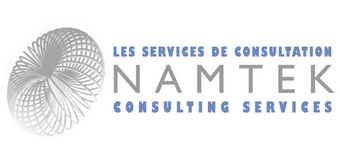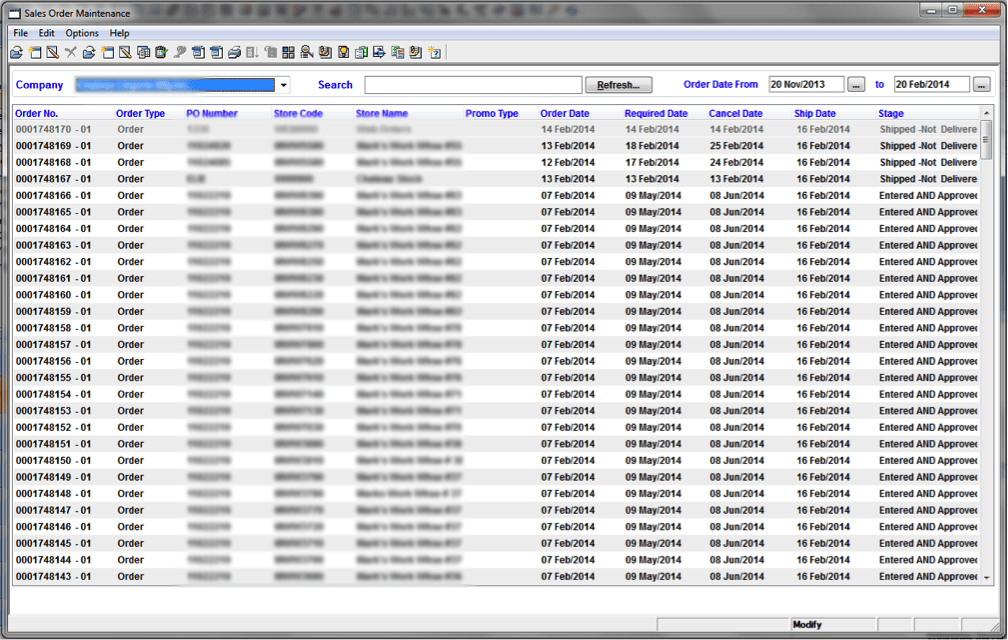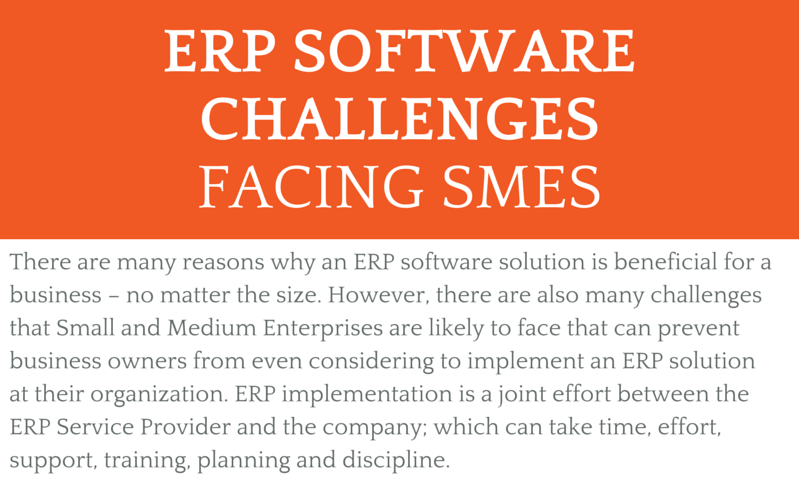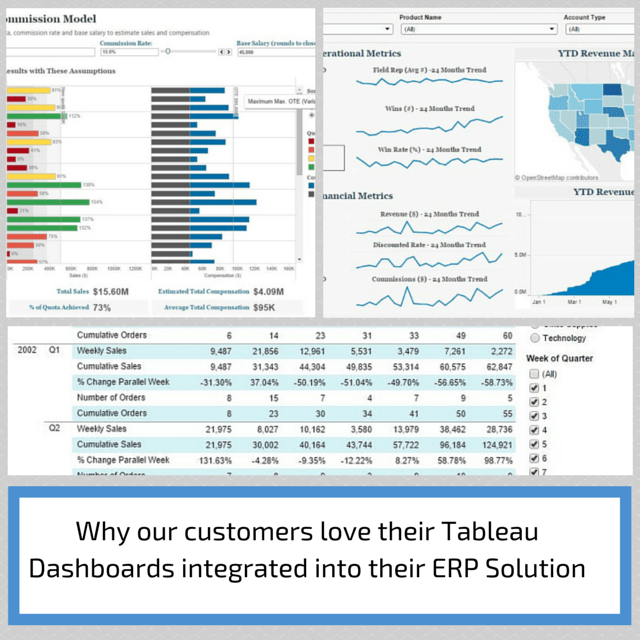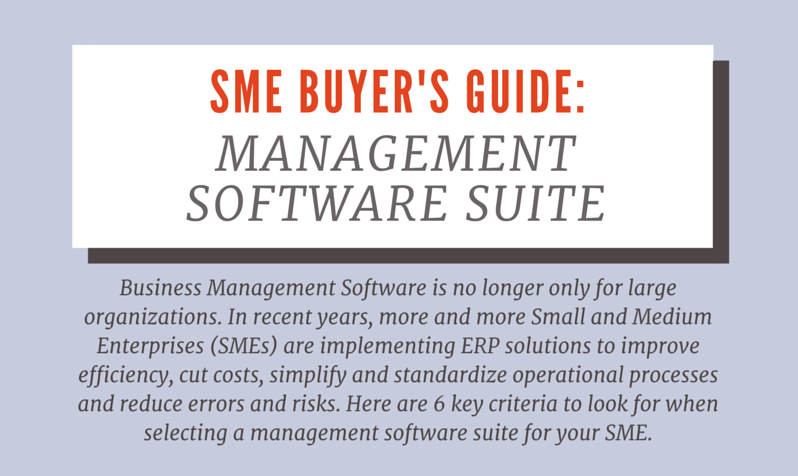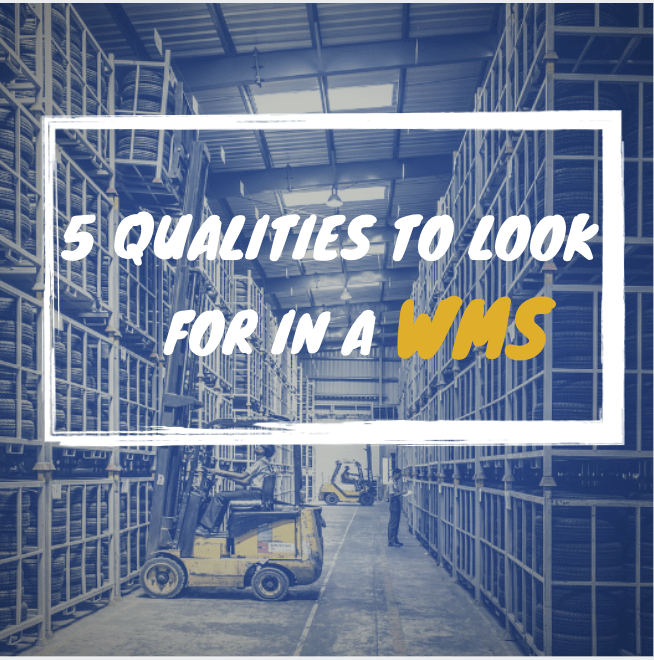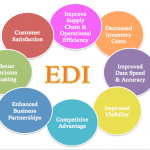Understanding Common Barriers Involved In ERP Implementation Projects
Last Updated on December 13, 2022 by Tatyana Vandich
It is not uncommon for many enterprises to hit on problems during an ERP implementation project. The project can either go over budget, surpass the expected time frame, or simply fail altogether.

I recently stumbled upon a great article, called ‘Top Barriers to ERP Success’ on IT Toolbox by author Rick Cook, on the barriers to ERP implementation success. In this article, the top barriers were taken from a survey done by Deloitte Touche, Tomatsu CIO.
ERP implementation success depends on a variety of factors and either all or one can affect a project as complex as this one.
Below are the Top 10 Barriers from “Top Barriers to ERP Success”:
1. Resistance to change
Many business executives and employees do not like change, especially if they are used to working a certain way already. However, ERP is all about creating changes for the company – changes for the better. Without the willingness to accept change, an ERP implementation will most likely fail.
2. Inadequate Sponsorship
An ERP implementation’s life will depend on whether it has the full support and push from top-level management. Without it, the project may lack the drive to get through any unexpected hurdles.
3. Unrealistic Expectations
Unrealistic expectations can kill any business project. It is extremely important that employees and management don’t expect an ERP system to solve every company problem straight away. Realistic expectations can go a long way.
4. Poor Project Management
Every project needs to be managed well, especially one as complex as ERP. An experienced full-time project manager is required.
5. No Compelling Case for Change
It is important to determine what business changes are needed before implementing an ERP software solution. Without clearly knowing why the company is implementing an ERP solution then the drive to succeed won’t be fully there.
6. Project Team Lacks Skills
The project team not only needs to have an IT perspective but the necessary skills to handle the ERP project as a whole. This sort of project is a mix of all departments and should not solely be seen as an IT project.
7. Scope Creep
Many executives decide to make changes to the ERP mid-way the implementation process, causing increased costs, confusion and added time. It is much more efficient to have a well-designed plan before starting the project, only accounting for minor changes if necessary.
8. No Change Management Program
Implementing an ERP solution will definitely change the way employees work. Therefore, it is crucial to “lay out the process for handling changes to business processes at the beginning of an ERP project and ensure it is adhered to throughout the process” (Inside-ERP, 2014).
9. No Horizontal Process View
Focusing on the entire process will get an EDI project further along than if the project team only concentrated on certain aspects all the time.
10. IT Perspective Not Integrated
As stated in barrier #6, the ERP implementation is not solely an IT project, however, it is also important to note that IT considerations cannot be ignored. It is obvious that the IT team plays a big role, which should be kept in mind.
Therefore, it’s clear an ERP implementation project is complex and involves many parties, which increases the chance of failure. This is why it’s crucial to understand the above barriers to ERP success and be prepared for your next ERP project.
For the full IT Toolbox article, please click here.
